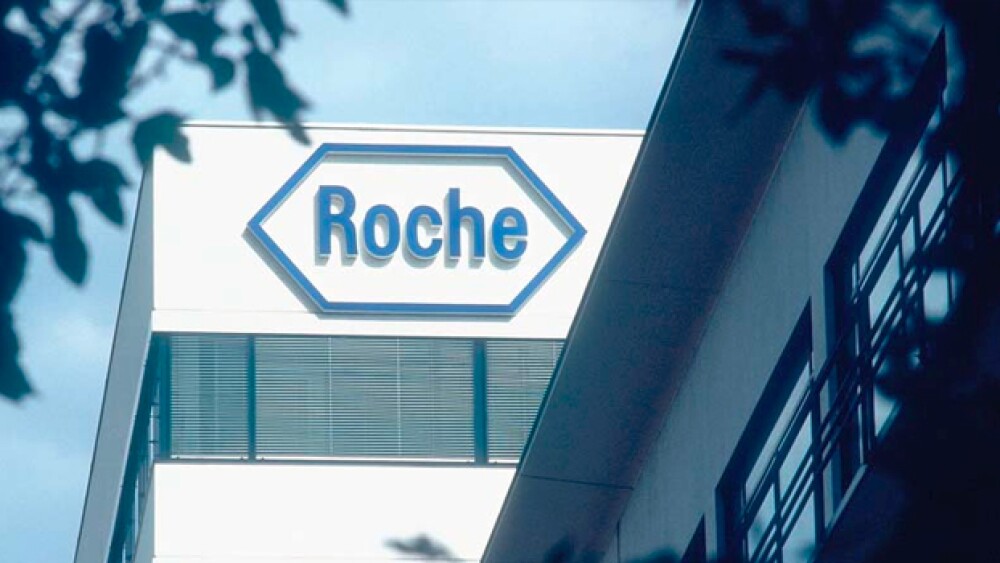John Reed, who for five years has led Roche’s Pharma Research and Early Development (pRED) research group, is stepping down for personal reasons.
John Reed, who for five years has led Roche’s Pharma Research and Early Development (pRED) research group, is stepping down for personal reasons and leaving Switzerland to return to the United States. Roche has promoted William Pao to his position, effective April 2.
Prior to joining Roche, Reed was head of the Sanford-Burnham Medical Research Institute in La Jolla, California. Before that he was the assistant director of the Laboratory of Molecular Diagnosis and an assistant professor at the University of Pennsylvania School of Medicine. He earned his Bachelor’s degree from the University of Virginia, his MD and PhD from the University of Pennsylvania School of Medicine, conducted is residency in Clinical Pathology at the Hospital of the University of Pennsylvania, and took a postdoctoral fellowship in Molecular Biology at the Wistar Institute of Anatomy and Biology in Philadelphia.
“I am delighted with the appointment of one of our most distinguished scientific leaders, William Pao, currently Global Head of the Oncology Discovery and Translational Area for pRED,” said Roche’s chief executive officer, Severin Schwan, in a statement. “Since joining Roche in 2014, William has been instrumental in the build-up of cancer immunotherapy and molecular targeted therapies. I am thankful to have had John Reed with Roche over the past five years, and for all his many valuable contributions. I wish John all the best for his future.”
Pao joined Roche in 2014. An American citizen, he received his undergraduate degree from Harvard, and his MD and PhD from Yale University. He conducted his residency in Internal Medicine at New York Presbyterian Hospital/Weill Cornell Medical School, and then finished a medical oncology and postdoctoral fellowship at Memorial Sloan-Kettering Cancer Center (MSKCC) before joining MSKCC as faculty. Prior to joining Roche, Pao held positions at Vanderbilt University and the Vanderbilt-Ingram Cancer Center.
John Carroll, with Endpoints News, writes, “Roche is unique among the top 10 pharma players to divide its research group in two. But after it acquired complete control of Genentech, Inc., the major focus was preventing the cancer research powerhouse from losing its legendary mojo and disintegrating into an empty shell. Roche badly needed Genentech to provide a slate of new, blockbuster drugs, and that is exactly what the South San Francisco biotech group has accomplished as a separate organization. Reed, though, was based in Basel, taking the reins of a group that included all its European operations as well as a base camp of survivors from Nutley who were moved into Manhattan.”
The general consensus is that the pRED unit has underperformed, certainly compared to Genentech. Although Reed spent five years calming the waters, the unit’s output hasn’t been that notable; however, some analysts think it may be on the way. Examples include Gazyva, a follow-up to Rituxan, which is the biggest drug approval from the unit since Reed took over. But Gazyva has been slow to gain traction. There is some excitement about idasanutlin, a T-cell bispecific CEA-TCB, MDM2 antagonist, and some other drugs Roche has in its pipeline via pRED, although only time will tell.
A fund manager with a stake in Roche told Reuters late last year, “The effectiveness of Roche R&D in Switzerland has been transformed by Reed. I am quite optimistic about Swiss R&D starting to produce new drugs.”





